Brazil’s New VAT System vs. U.S. Sales Tax: Similarities Explained

Brazil's Tax Reform: Shifting to a VAT Model
After years of discussion, Brazil is finally in the process of approving tax reform.
A VAT model will be adopted, which aims to simplify and clarify our complex tax system.
Although the VAT system is also widely used in Europe, in my opinion there are some similarities between the Brazilian VAT and the sales tax, a system adopted in the US.
I invite you to read with me!
Understanding U.S. Sales Tax: Key Characteristics
A sales tax is a consumption tax imposed by the government on the sale of goods and services.
Usually, the seller collects the sales tax from the consumer when the consumer makes a purchase.
Unlike VAT, which is not imposed in the U.S., sales tax is only applied to retail purchases.
Most transactions of goods or services between businesses are not subject to sales tax.
Tax Rates and Structure: Comparing Brazil and the U.S.
The value of the final Brazilian VAT rate, which is one of the major points of interest for taxpayers, will be composed of the sum of the IBS (Tax on Goods and Services), which is divided into municipal and state, and the CBS (Contribution on Goods and Services).
The sales tax due in the US is also composed by the sum of indirect tax at the state, county, city, and district levels, in some cases.
In other words, in both systems there is no final rate, with a single fixed percentage.
The final rate may vary depending on the state, city or district involved in the transaction.
Administration and Tax Collection in Both Systems
The Management Committee, created by the Brazilian tax reform, will bring together representatives from all federated entities to coordinate the collection, inspection, charging and distribution of taxes to the federated entities.
In the US system, local sales taxes can be collected directly by local jurisdictions or even by the state. In states where the local sales taxes are collected by the state, those local sales tax portions are distributed to the local jurisdictions.
In both systems there is the presence of the state, administering the taxes due.
Tax Calculation Methods: Gross-up vs. Final Price Add-on
Regarding the calculation basis, currently in Brazil we adopt the gross-up technique, where taxes are included in their own calculation basis.
With the implementation VAT, taxes will be added to the final value of the product or service, opposite of gross-up.
The sales tax also adopts the same system, that is, the tax is also added to the sale of goods and services.
Final Thoughts: A Step Toward Simplification or New Challenges?
Brazil has one of the most complex tax systems in the world, if not the most.
The tax reform initially aimed to simplify it, taking inspiration from European VAT principles, in order to create a safer and more attractive environment for companies operating and those wishing to establish themselves in Brazil.
However, if the bill of law is approved as it stands today, we will not have a harmonious system like we have in Europe.
The new Brazilian tax system will be more aligned with the sales and use tax, which makes it more complex for companies, far from being a harmonious system and without legal disputes.

More News from Americas
Get real-time updates and developments from around the world, keeping you informed and prepared.
-e9lcpxl5nq.webp)








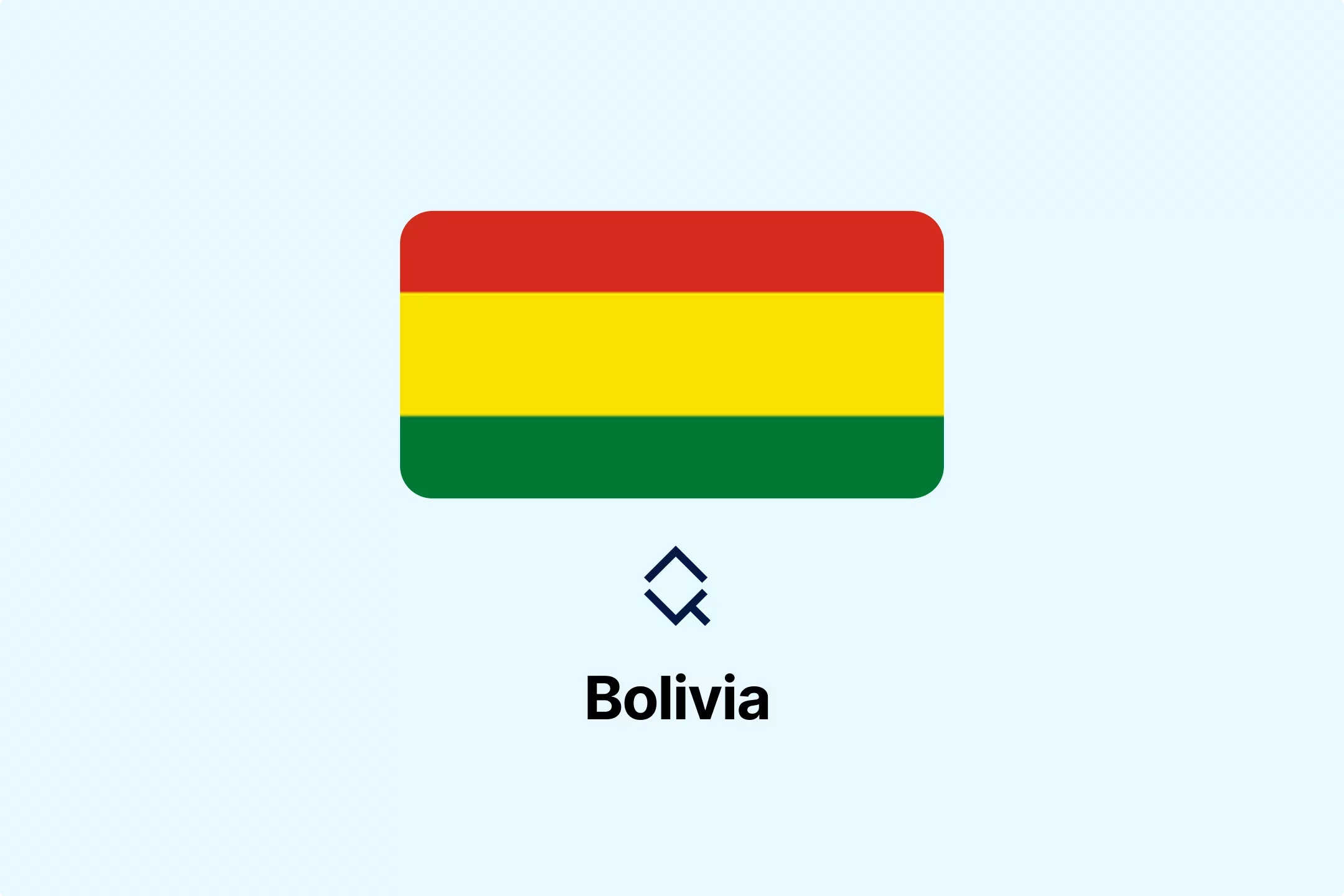

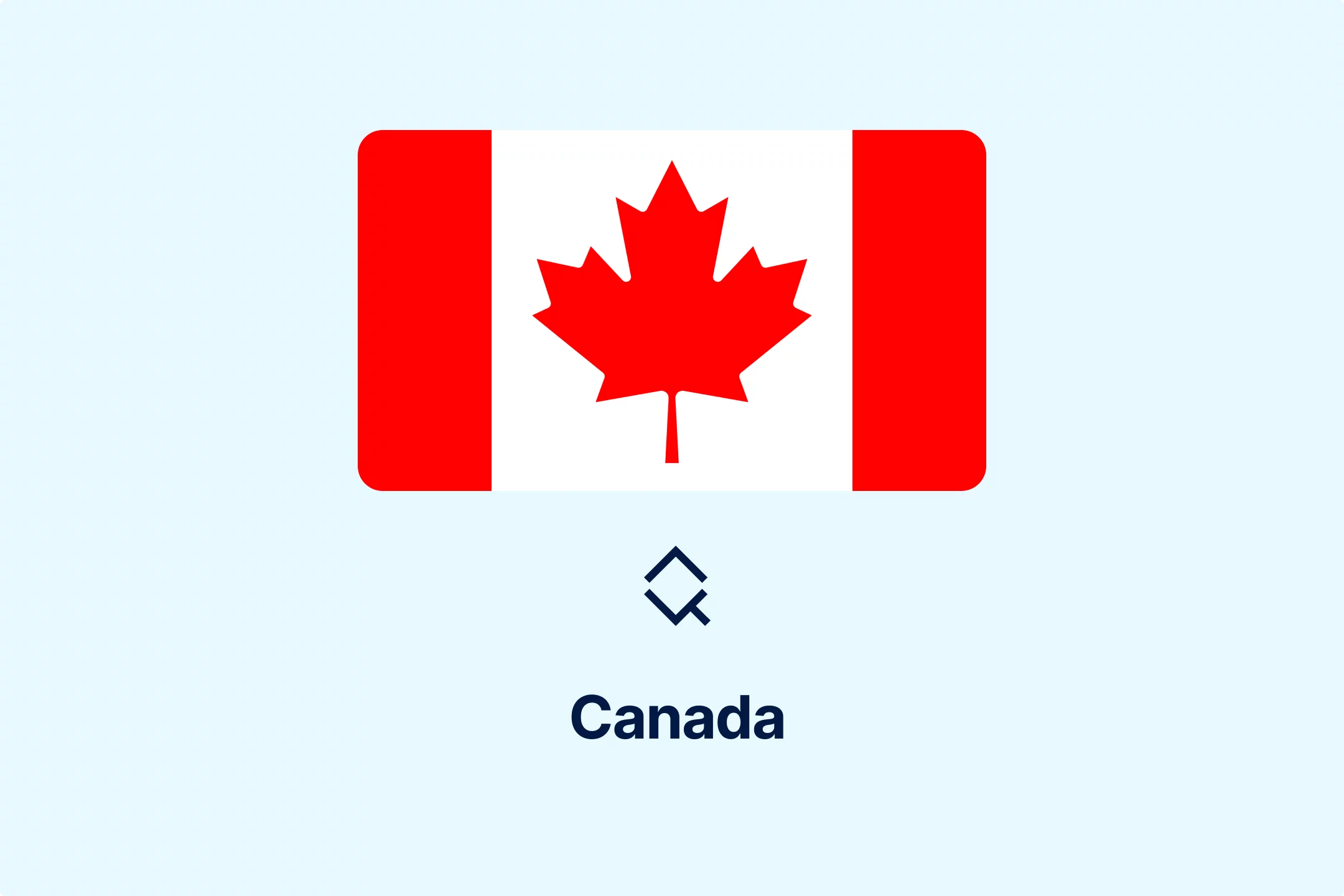





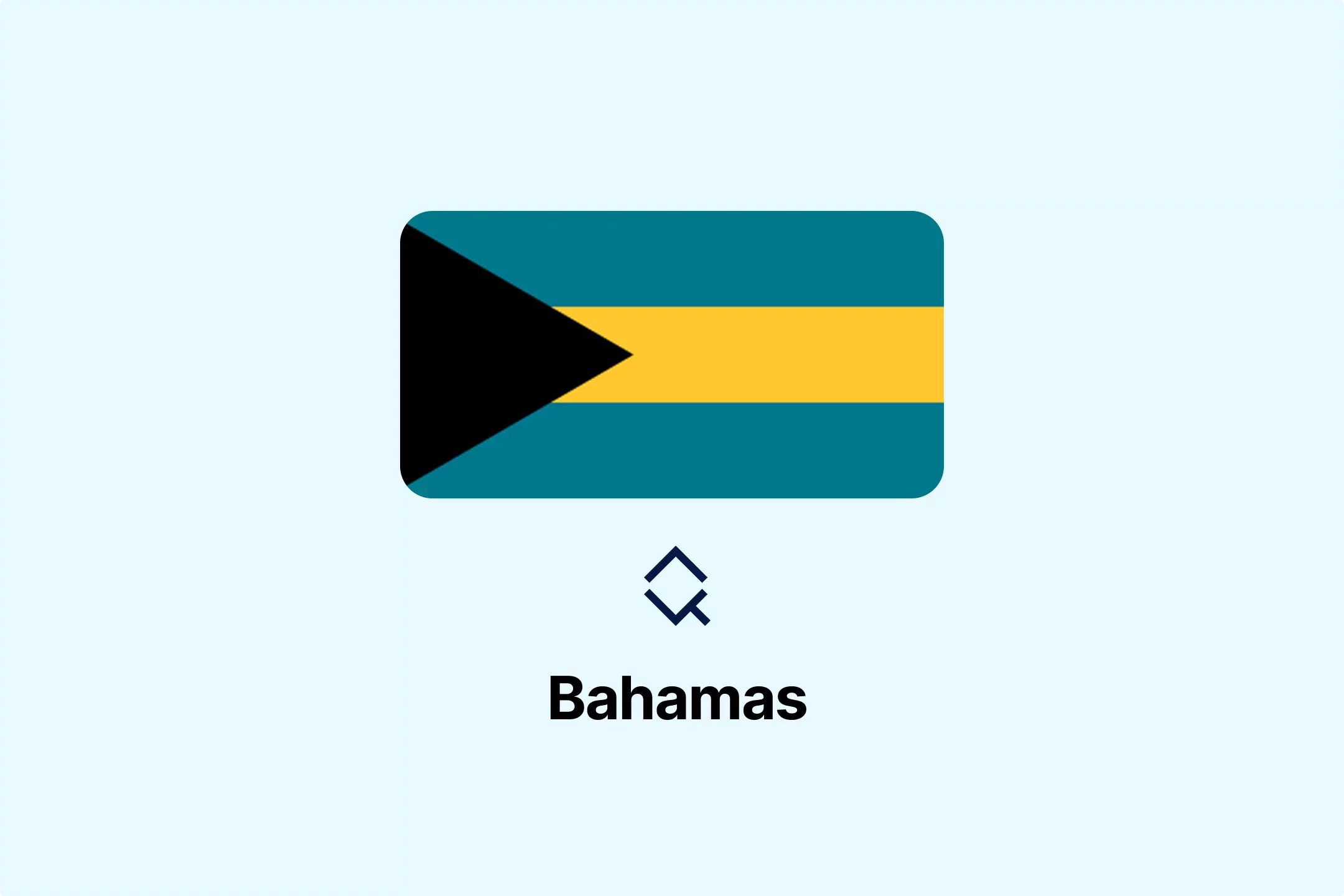



-qoqtiao7l2.webp)

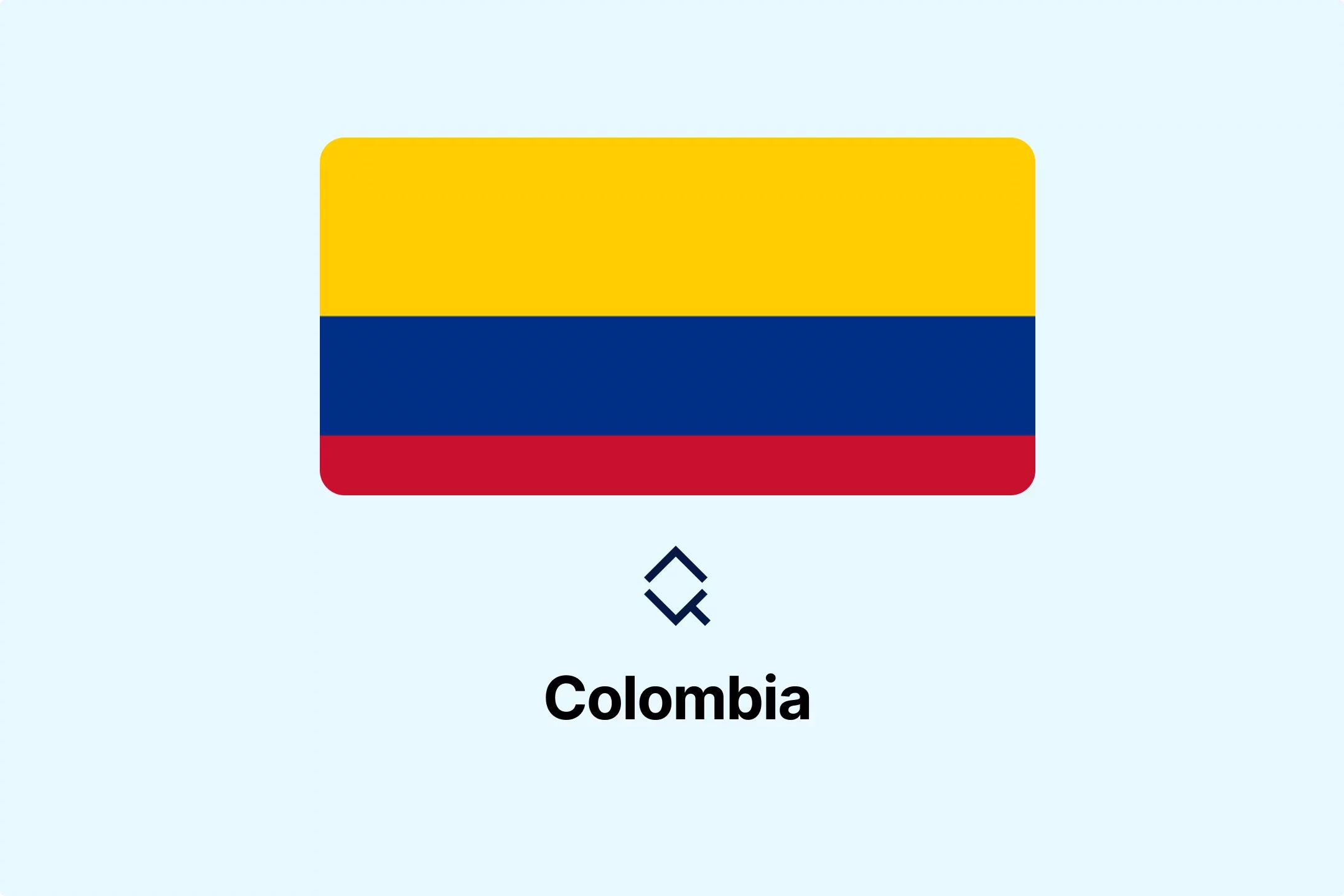
-pdupgqz2r8.webp)
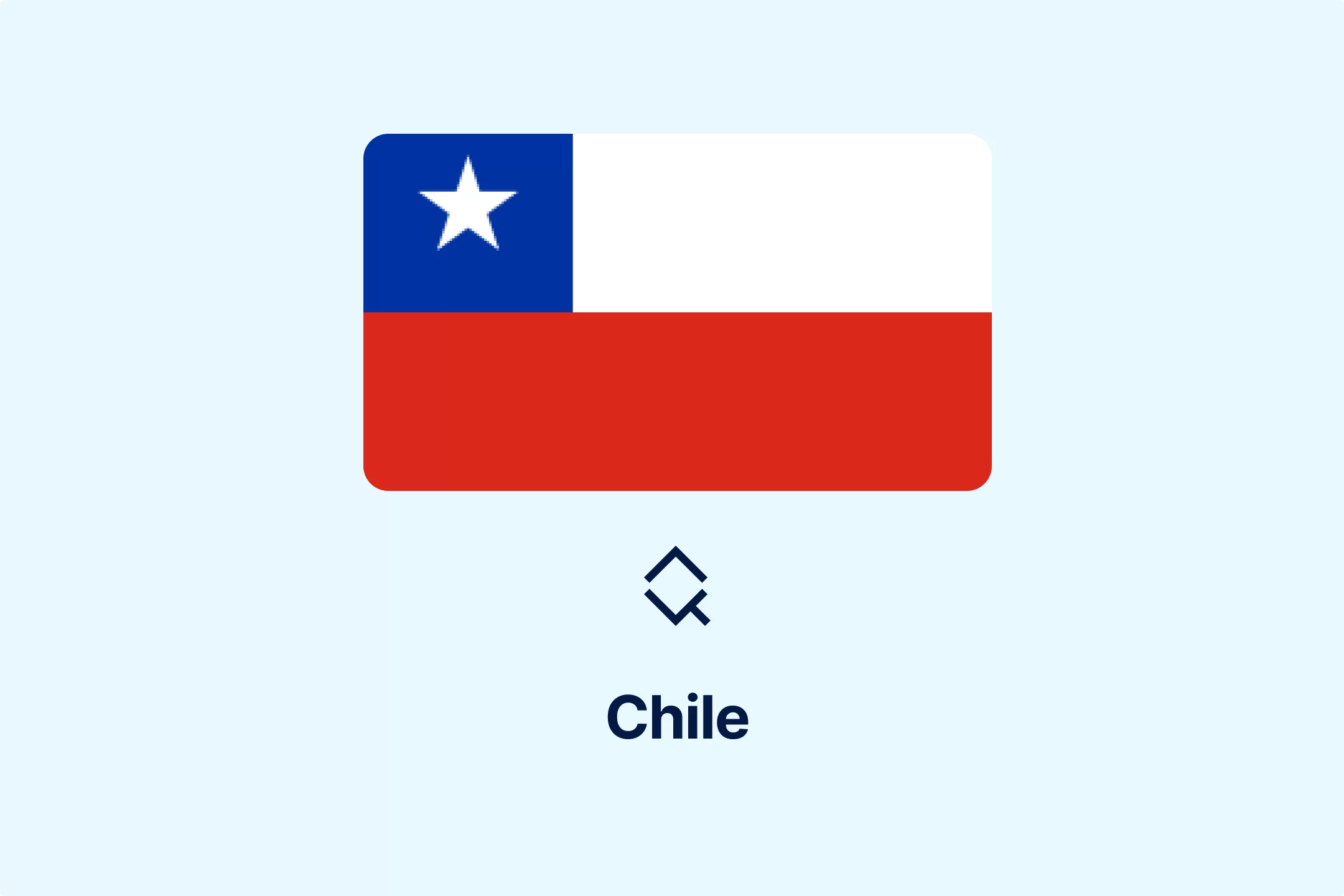
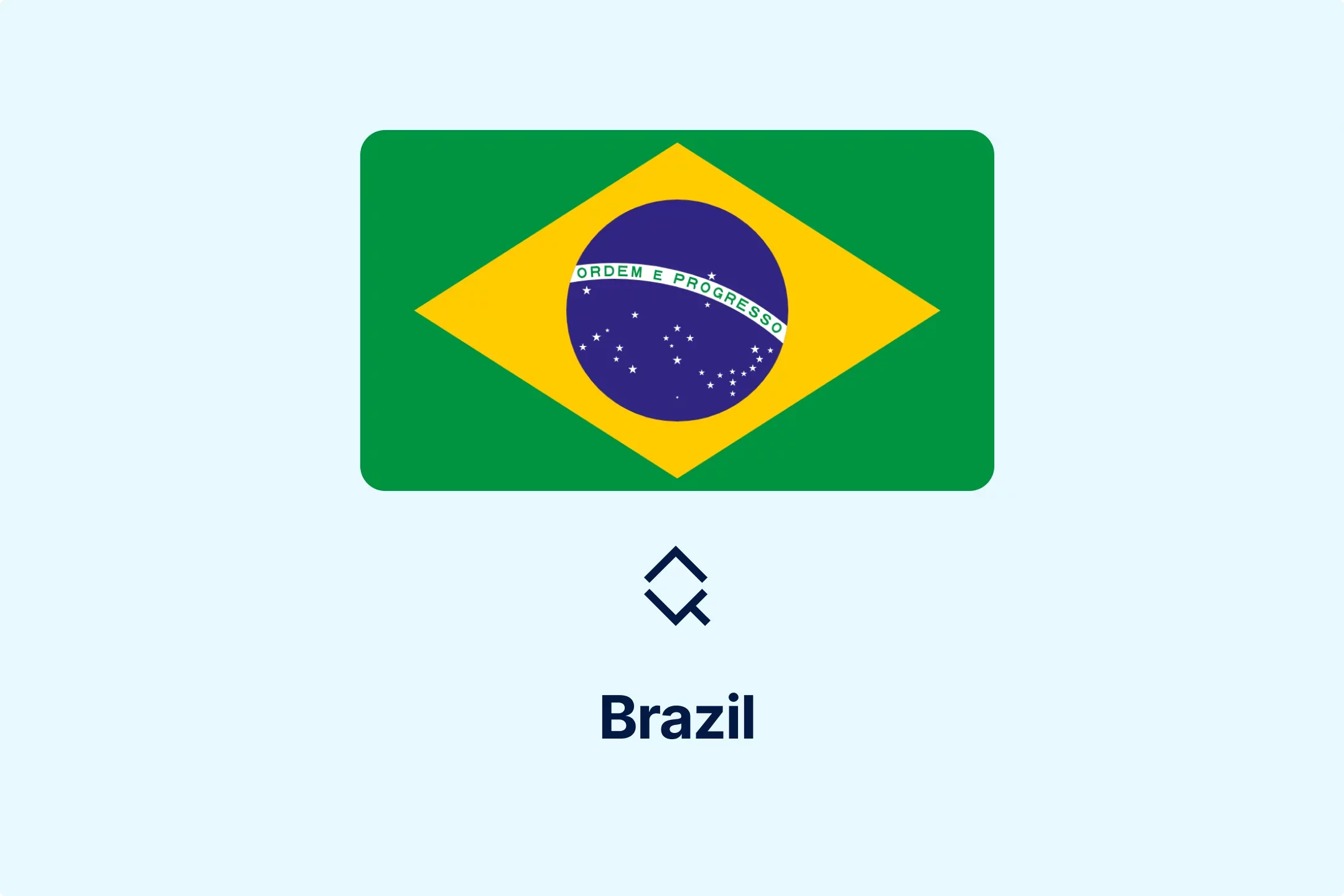




-o0xyg5unvs.webp)

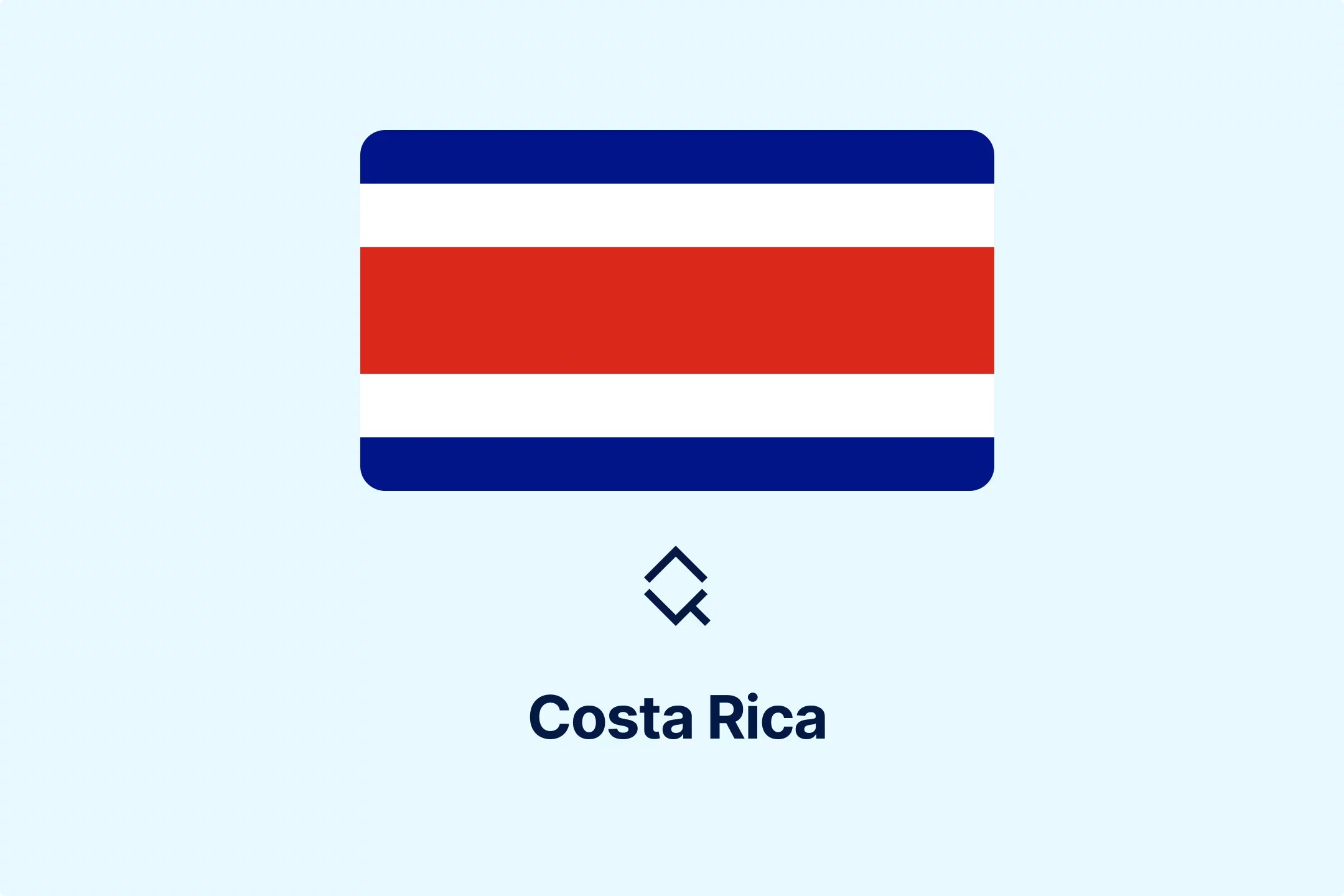
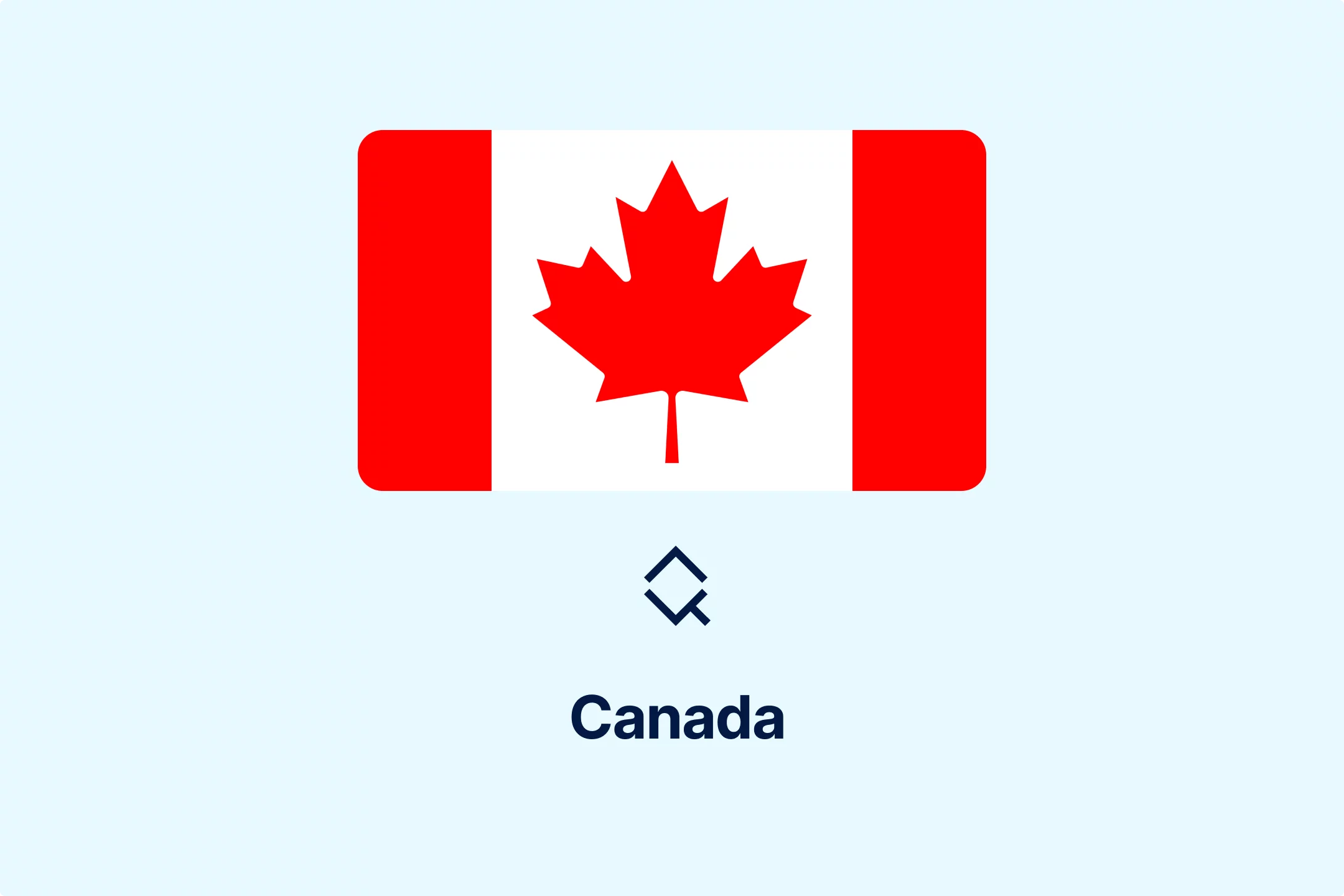
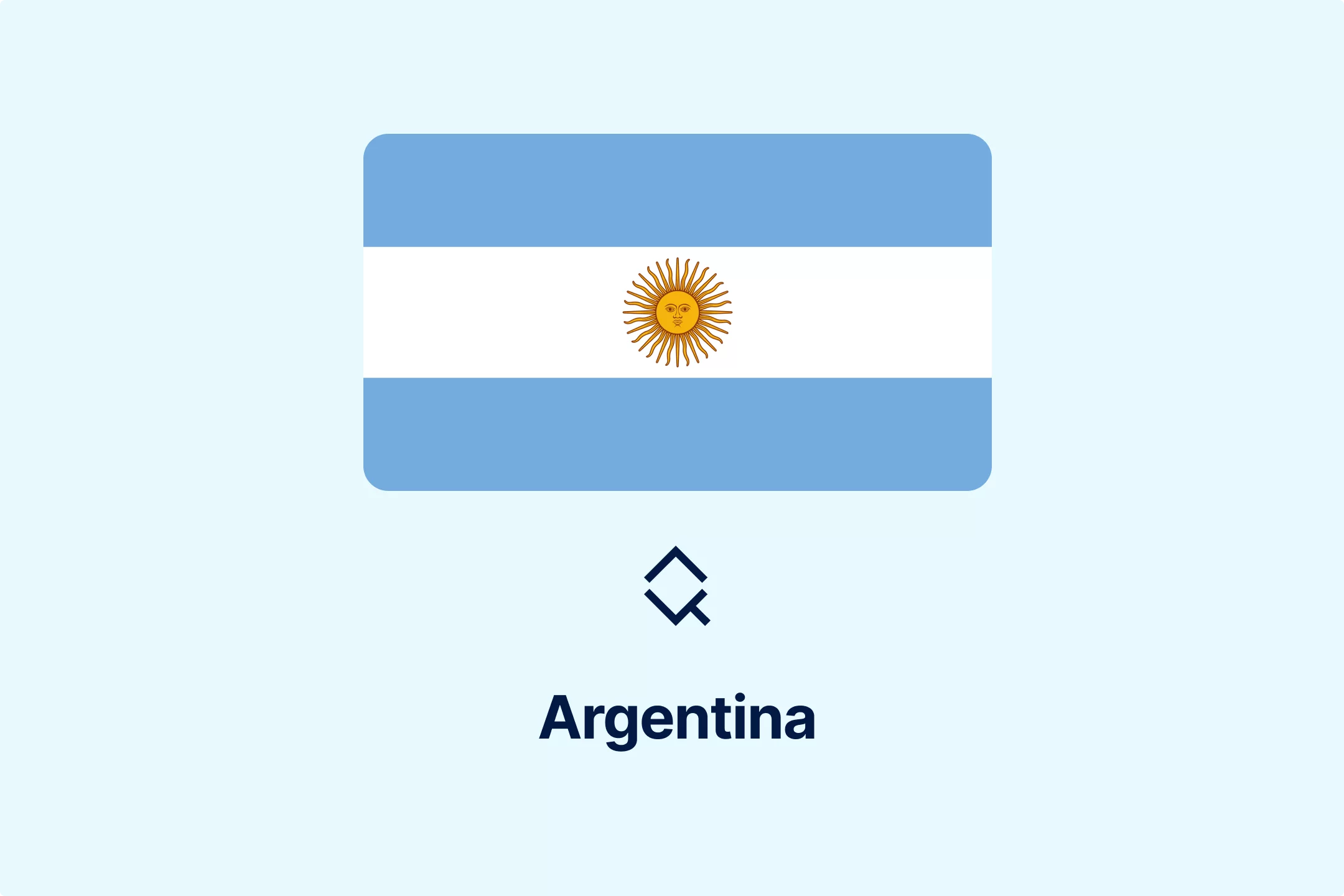



-sebuexzucq.webp)





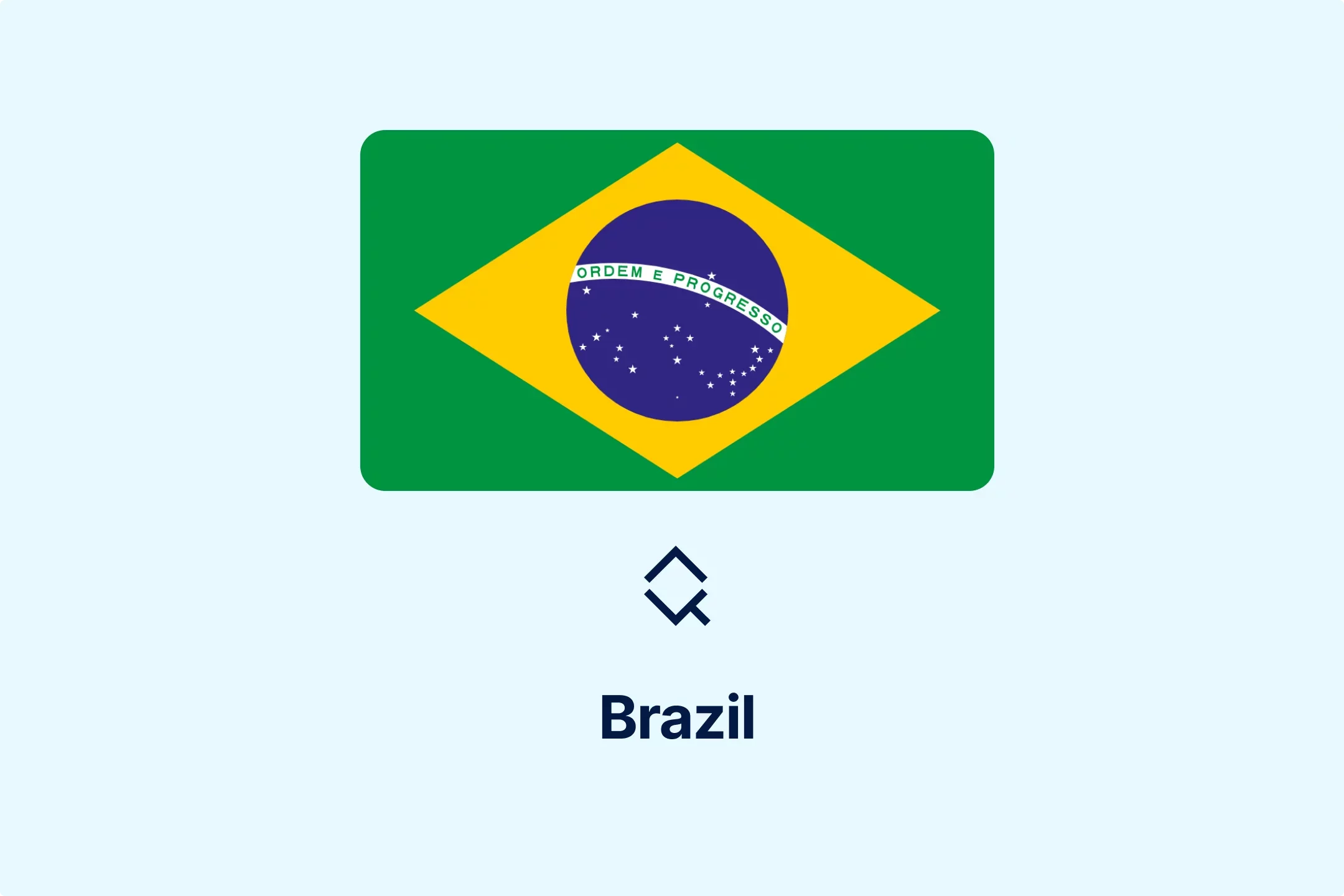

-sug7vykj81.webp)







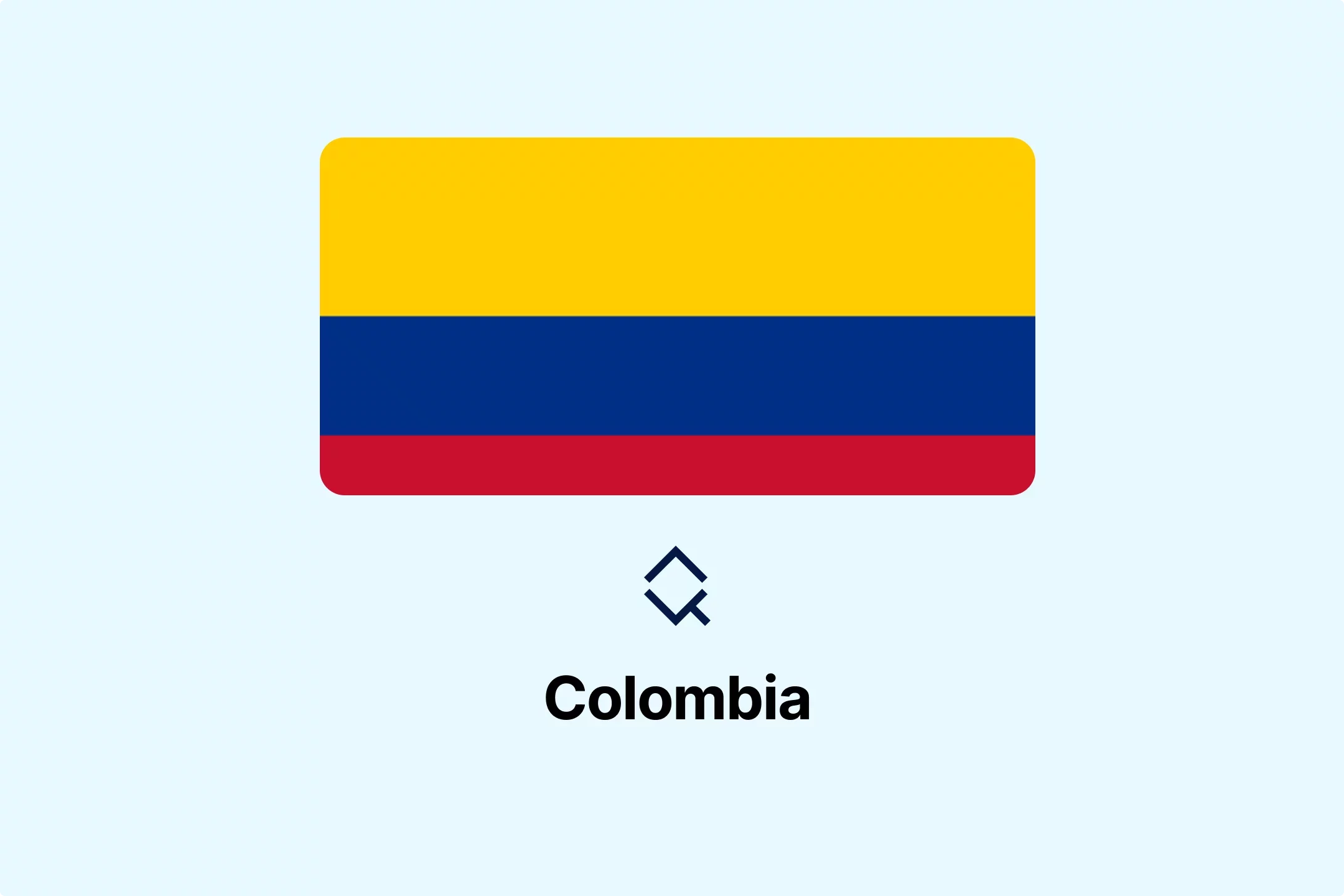
-gsvc6ack9u.webp)

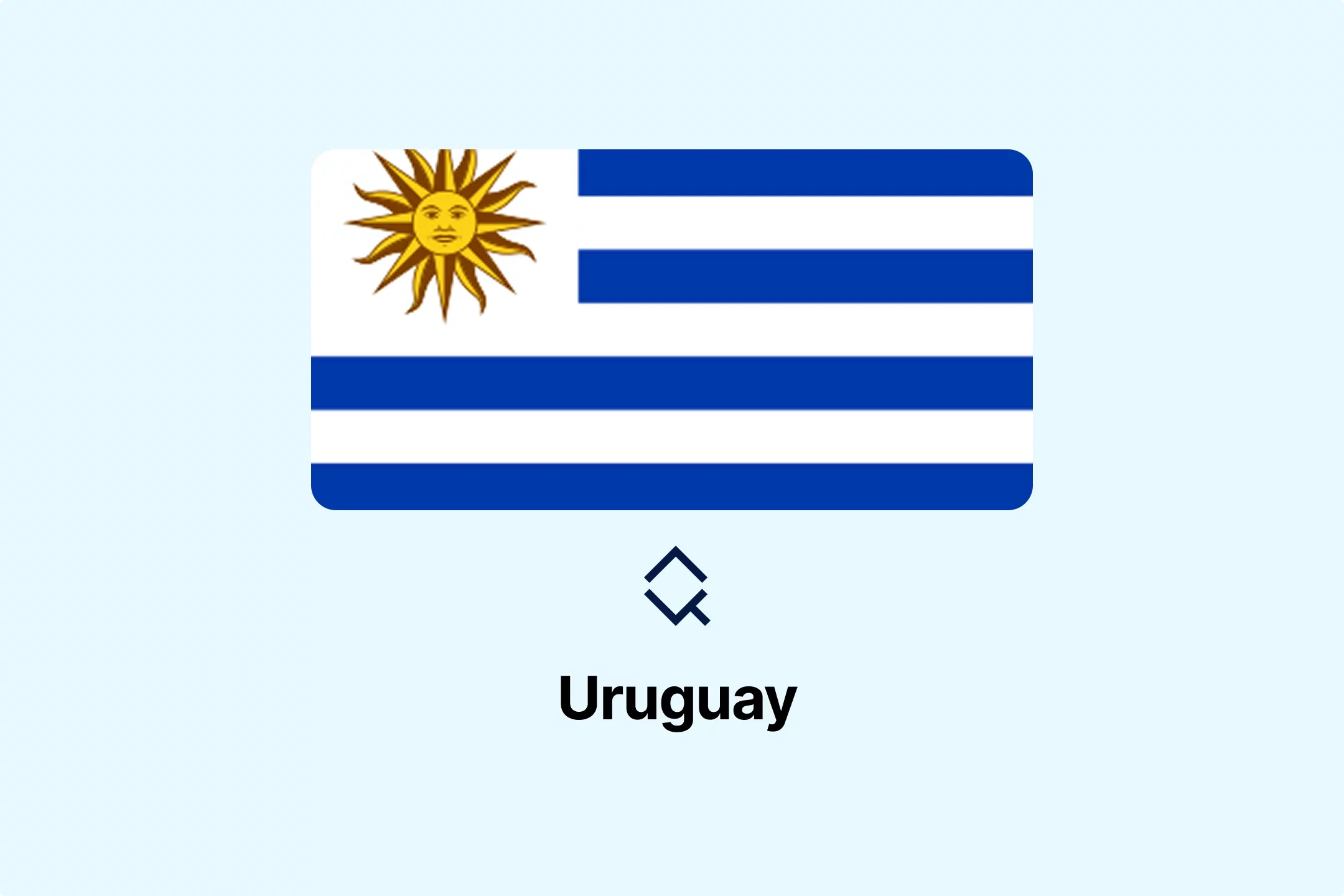


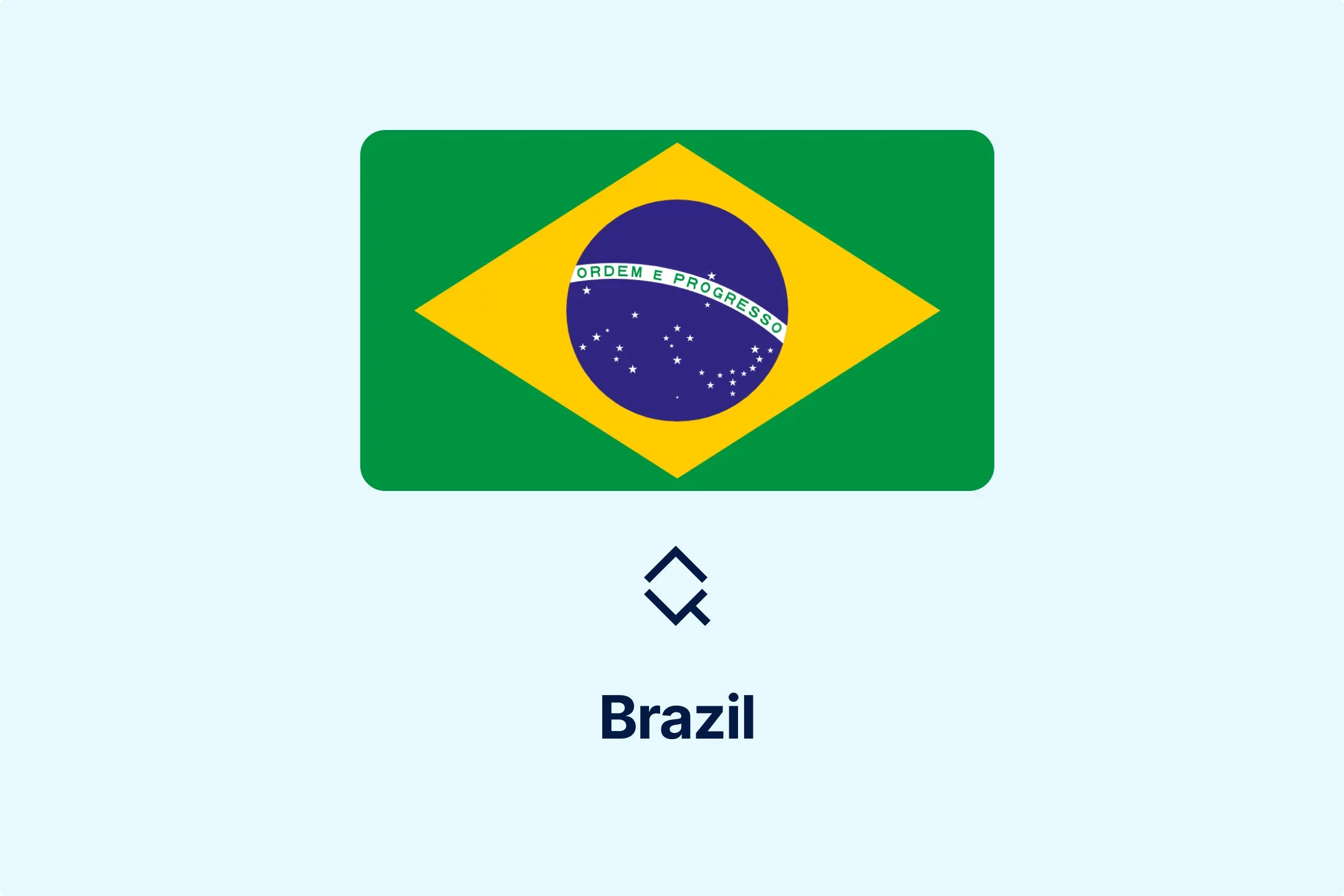


-xsarn0aogt.webp)

-hcel6azmgf.webp)



-p6e3ovhdh3.webp)


-fbovkq9h8b.webp)
-pofe7ucwz3.webp)


-d3qhimei1d.webp)




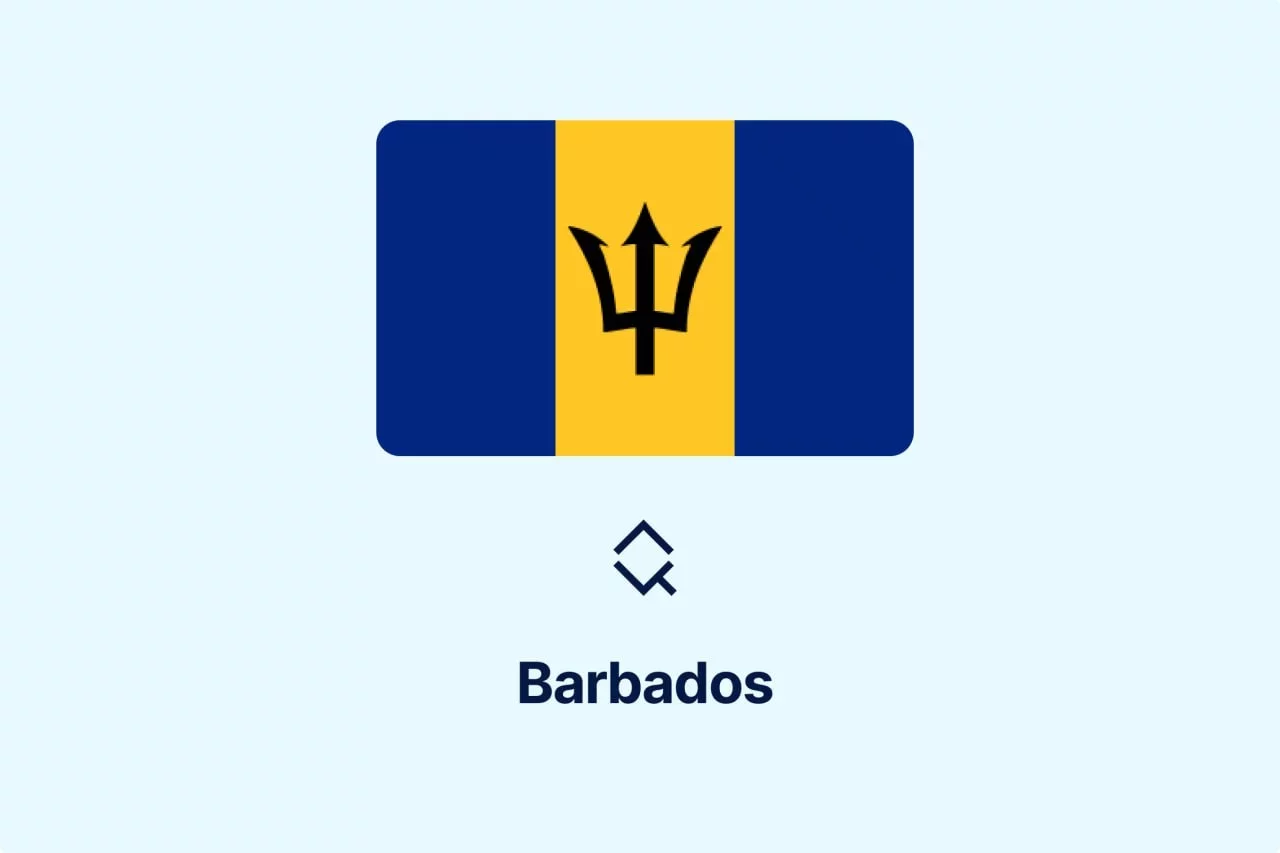

-nilkffjhah.webp)
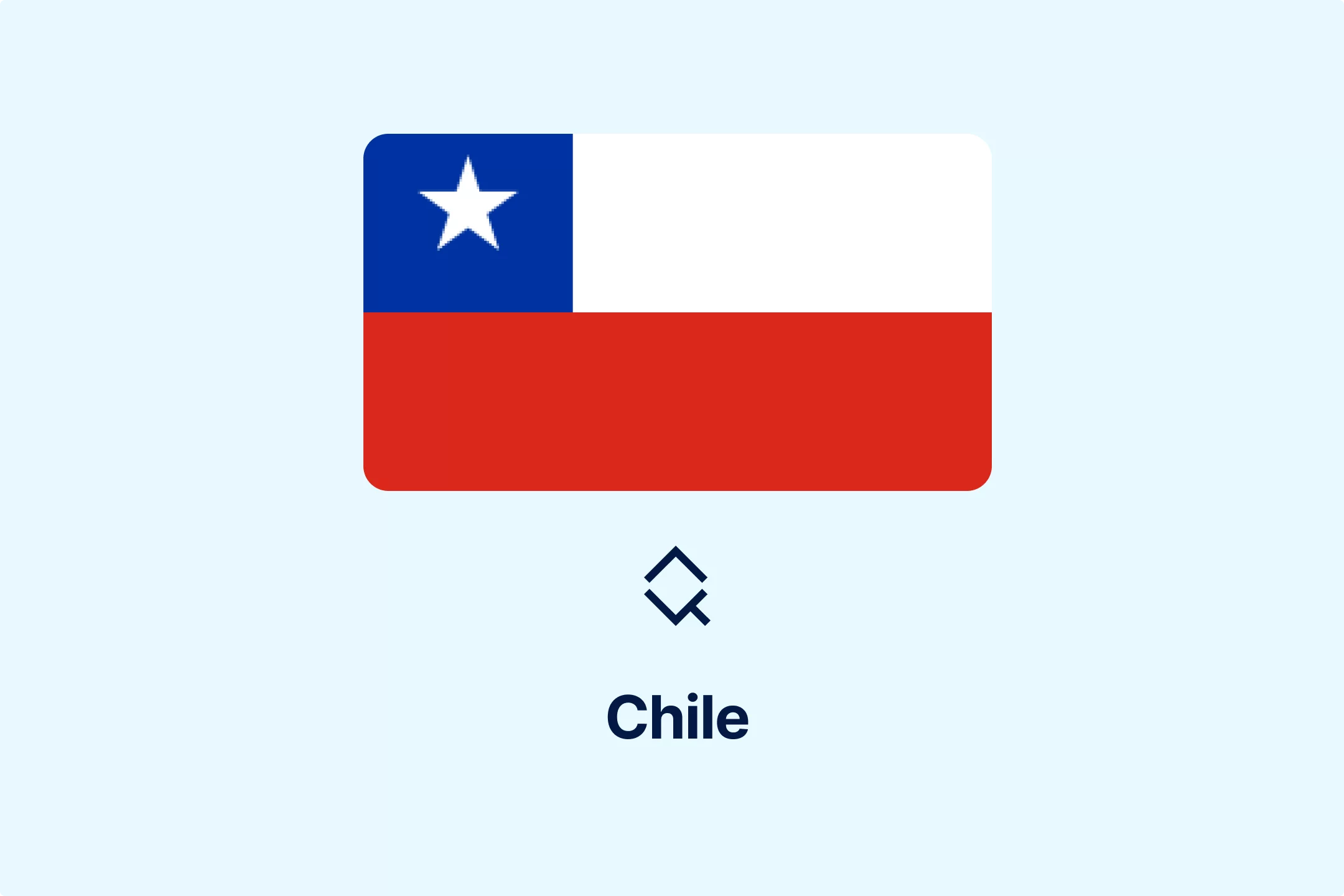












-xbhr0m4jsb.webp)


-ae6fi6cjox.webp)
















-b0fpsws1w1.webp)






















-x78wuofpzj.webp)



















-b44f1vjl1i.webp)




-priw8nq5xc.webp)
-8bkw2pujxu.webp)


.png)

.png)




.png)














































